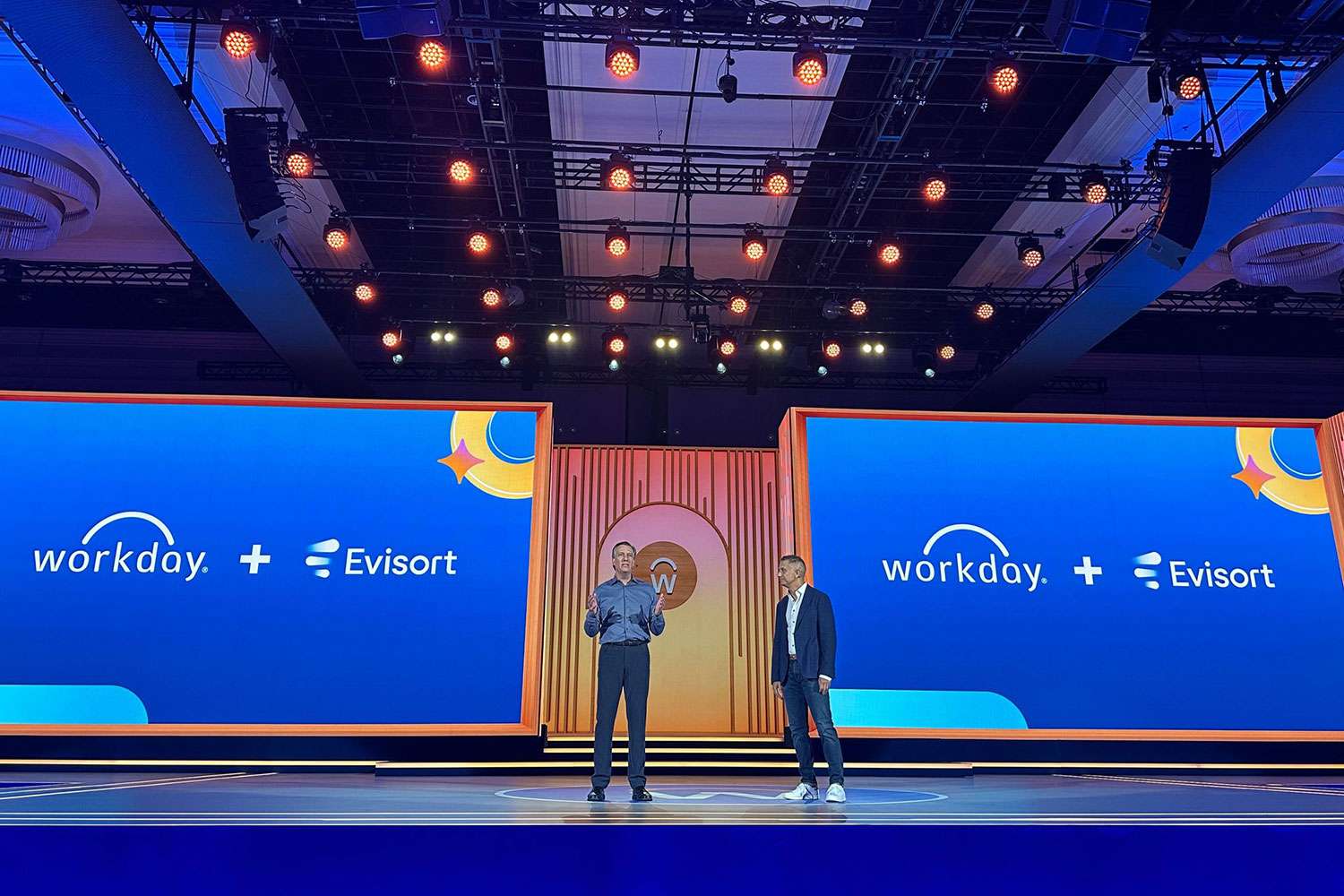The Top 4 Tactics to Ensure ERP Success

Avoiding these ERP pitfalls is often the difference between smooth sailing into the next fiscal year or rough waters that impact everyone from the top down and can impact funding and trust. In this article, we’ll take a closer look at the Top 4 Tactics for small and local governments to ensure ERP success.
Government Hiccups Don’t Just Affect Employees
When there’s a hiccup in government, it affects more than just employees. These four tips help small and local governments keep their ERP in top functioning shape.
1. Strong, Visible, Committed Leadership
This is leadership 101. This is what makes your organization successful in governing and it holds equal importance in delivering on ERP solutions. No support or ambiguous support certainly flows down to the staff performing the work and can result in poor results.
Don’t skimp on opportunities to demonstrate commitment to the effort. Have a project kick-off where leadership can present why the project is important and how it will impact the ability of the organization to meet its goals. Look for ways for leadership to be visibly in support through meeting attendance, email notifications, and other communication vehicles.
2. Invest In Change Management
It is commonly understood that Change is Hard. Don’t assume that it will happen without focused attention. One of the most common difficulties in an ERP project is not understanding how indoctrinated your staff is into the old ways. ERP solutions routinely have a shelf life of 7-10 years, but many organizations are holding onto them for decades. Key stakeholders get so focused on the system that they forget about the people using it. Nobody can flip from a decades’ old system and the associated processes to a new way of thinking in a short period without specific focus.
Training and dedicated assistance, like those offered by ERPA PeopleSoft experts are required. It is common to be highly focused on the tactical exercise of implementing the software and miss the “people” aspect of change. ERPA encourages a focus on the solution, not the software. This ensures all aspects of change get appropriate attention.
3: Ensure There Is a Realistic Budget for the Project
Organizations should always be mindful of how much money is spent, but there should be a clear understanding of the value gained for the spend. Value is driven by many aspects and those should be identified and accounted for in preparing the budget upfront.
ERPA measures successful implementations by “adoption” of the system rather than completion of the activities. This measure is entirely focused on the value delivered to the organization from the effort. Adoption requires things like training and change management. These can increase costs but are a key driver in ensuring that the maximum value is gained from the spend. This focus on value should be reflected in the budget for the project up front.
4. Avoid Redeploying Your Legacy System
Changing systems usually means changing business processes and, more importantly, changing how people think. It is this last aspect that can introduce an issue when deploying an ERP solution. If the team looks at a solution with the perspective of their existing solution, it can lead to a desire to bend the new solution to operate like the existing system. At best, this can lead to missed opportunities to adopt better processes and take advantage of new capabilities. At worst, it can lead to unnecessary modifications, poorly performing systems, and additional costs.
ERPA encourages a “requirements centric” approach to deployment. Customers should focus on the business requirement and demand solutions that meet all aspects of the requirement but be accepting of the solution delivered in the manner that is optimal for the software being deployed. A focus on the “what” and an acceptance of the “how” is a direct path to an optimized system that delivers solid business solutions.
Successful Software Deployment Is Immense and Unpredictable
As noted, the variety of issues that need to be addressed in any successful software deployment is immense and unpredictable. Some issues, however, that impact projects of this type are highly predictable and have associated tactics that can mitigate those. Some of these issues and tactics are presented here and should form the basis for any ERP project (or many other projects for that matter) that your organization might be considering. ERPA has talented people and strong processes that can help on your next project. Reach out to us if you want to discuss the tactics presented or any other aspect of driving ERP success.































